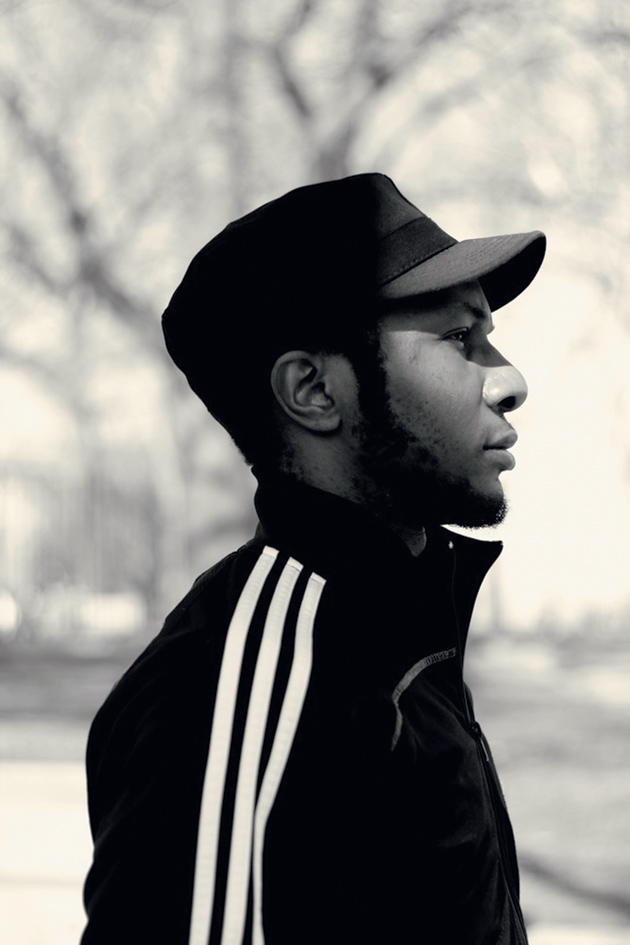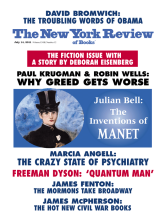In our age of rapid technology and the jolly, undiscriminating ephemeralizing of culture and knowledge, an insistence upon high stakes—a desire to ask the big questions—can seem quaint, or passé, or simply a little embarrassing. How to reconcile Philip Roth’s observation about American life, in his essay “Writing American Fiction” (written now an astonishing fifty years ago), that “the actuality is continually outdoing our talents,” with a writer’s lofty aim, to quote J.M. Coetzee’s Elizabeth Costello, of “measuring herself against the illustrious dead”?
Teju Cole, in his lauded debut novel Open City, has perhaps found a way forward. This economical account of a young African’s year in New York lays no overt claim to greatness; indeed, it revels in banal digression: the narrator, Julius, riffs on the closing of Tower Records and Blockbuster stores, and fusses a great deal over his forgotten ATM PIN number. The novel relies on small, almost self-indulgent observations (“In recent years I have noticed how much the light affects my ability to be sociable”), and peculiar detail (“One of the characteristics of the bedbug, Campbell wrote, is its cannibalistic nature. He presented evidence that engorged bugs were sometimes slit open and consumed by their young”). But Cole nevertheless addresses vital human issues more astutely than do most contemporary works of fiction. What is knowledge? What is self-knowledge? What is responsibility? What is the value of witness alone? What is the weight of history upon us? How do we move through it? And what are the costs of remaining an outsider?
Questions such as these are not subjects for theory, although Cole’s narrator, a young psychiatrist, occasionally refers to theorists in his wide-ranging musings. Rather they are lived, through passing conversations and fragmented memories, or, obliquely, through the lacunae in Julius’s story.
In this way, Cole creates a more nuanced, visceral, and unsettling realism than that produced by so-called practitioners of the form: there are, in this flaneur’s narrative, hardly any scenes, few characters, and no plot as we would traditionally understand it. We are furnished, on the other hand, with startling observations and juxtapositions, memorable aperçus, and the complicated portrait of a narrator whose silences speak as loudly as his words—all articulated in an effortlessly elegant prose that convinces of itself, without recourse to pyrotechnics.






